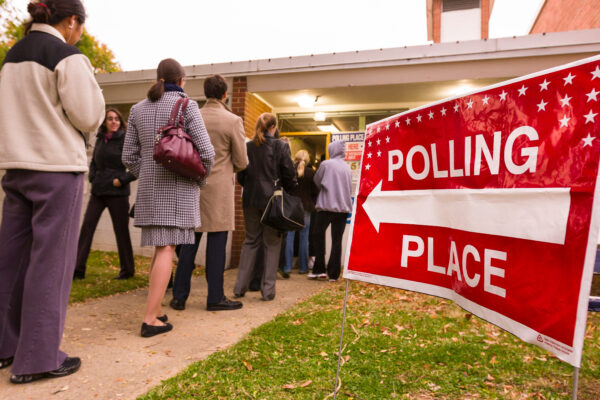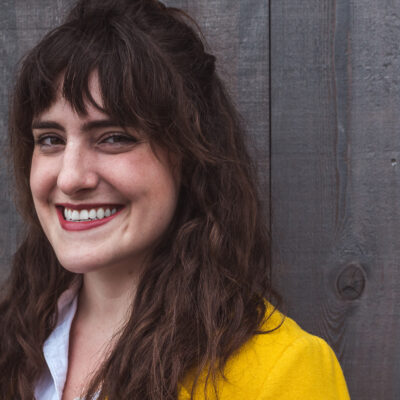This week, Super Tuesday sweeps the nation as 14 states gather to vote for their favorite candidates. And—for the first time in 20 years—Maine is holding a presidential primary.
Regardless of the method used to choose which candidates get Maine's delegates, what really matters is that as many people as possible get out and vote. Primaries and (especially) caucuses have a history of pulling smaller crowds than the general election. And that's a major problem.
In primaries, delegates are assigned based on how many voting districts each candidate wins. And given how small each of these districts are, it's not uncommon for a candidate to win delegates by a margin of just a few votes.
If your party isn't putting forward an unchallenged incumbent, your vote has an immense impact in these elections, giving you the power to help make sure that the candidate your party chooses to put forward in the general election is dedicated to civil liberties. If we want positive change, we're going to need to make sure our elected officials share our priorities. And voting in the primaries is a big part of how we do that.
It's important to note: in order to vote in a party primary, you must register as a member of that party. If you are already registered to vote but have not enrolled in a party, you may enroll in a party at the polls on Election Day. If you wish to change your party enrollment, you must do so at least 15 days before the vote, so at this point, everyone is locked in to current party affiliation for the primary
So, start making plans to head to the polls and make sure you know your rights when you do. We're counting on you.


